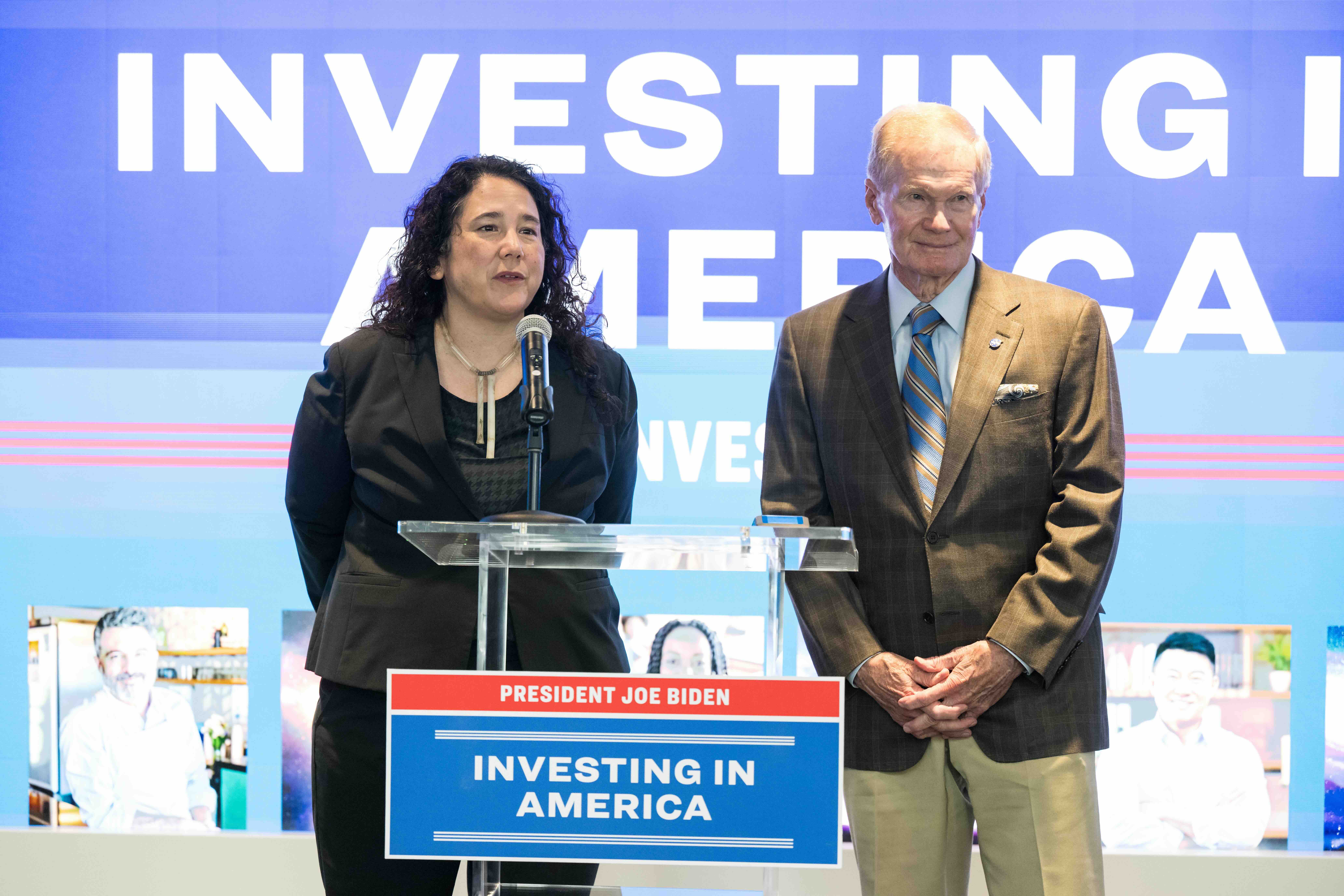Have a story idea
Have a story idea? Send it to us here.

Source : Flickr. Small Business Administration Scorecard Press Conference
September 19, 2024
Author : Alex Bustillos
The Small Business Administration (SBA) is proposing significant changes to its recertification regulations for government contractors, which could have wide-reaching effects on how small businesses maintain their size and socioeconomic status under set-aside contracts. The proposed rule, if enacted, would impact government contracting eligibility, alter the landscape for mergers and acquisitions (M&A) in this space, and lead to other consequences contractors need to consider.
One of the primary changes involves the consolidation of recertification rules for different socioeconomic programs into a single regulation at 13 C.F.R. § 125.12. Previously, these rules were dispersed across several parts of the SBA’s regulations, leading to inconsistencies. The SBA believes that a uniform set of rules will clarify the recertification process and address what they consider to be incorrect interpretations by the Government Accountability Office (GAO) and the SBA’s Office of Hearings and Appeals (OHA). Importantly, contractors that have relied on previous interpretations should closely review these proposed changes, as they could substantially alter how recertifications are handled.
Currently, a contractor’s size and status are determined at the time of the initial offer, and those classifications typically remain valid for the life of the contract. However, certain triggering events- such as mergers, acquisitions, or novations- require contractors to recertify their size and socioeconomic status. Under the proposed rule, recertification would need to occur within 30 days of reaching an agreement in principle, rather than 30 days after the transaction is finalized, which is a key difference from current regulations. This change introduces some ambiguity, as determining the exact date of an agreement in principle can be subjective.
The proposed rule also introduces the concepts of “qualifying” and “disqualifying” recertifications. A disqualifying recertification occurs when a contractor can no longer claim small business status or its applicable socioeconomic status. Under the new rule, after a disqualifying recertification, a contractor would be ineligible to submit offers for future set-aside orders under multiple award contracts, although they would remain eligible for unrestricted orders. This marks a significant departure from current regulations, which allow contractors to continue receiving task orders under existing set-aside contracts even after losing their small business status.
These changes could have a profound impact on the M&A market for small business government contractors. Currently, larger companies can acquire small businesses and still benefit from their pre-existing set-aside contracts, which adds value to small business contractors. However, under the proposed rule, acquiring companies would be unable to pursue set-aside task orders or options under those contracts following a disqualifying recertification. This could lead to a decrease in the market value of small businesses and make it more challenging for them to be acquired or to compete once they outgrow their size standard.
Contractors should also be aware of potential off-ramping provisions, which might be added to future multiple-award contracts to terminate a contract if a disqualifying recertification occurs. Additionally, the rule would allow for size determination protests after recertification, potentially leading to an increase in disputes.
The SBA’s proposed changes, while aimed at streamlining the recertification process, could have significant implications for government contractors. Those affected should submit comments by the October 7, 2024 deadline and prepare for the possibility of substantial changes to how they manage recertification moving forward.
Category : Small Business Enterprises Federal Government Small Business Administration
